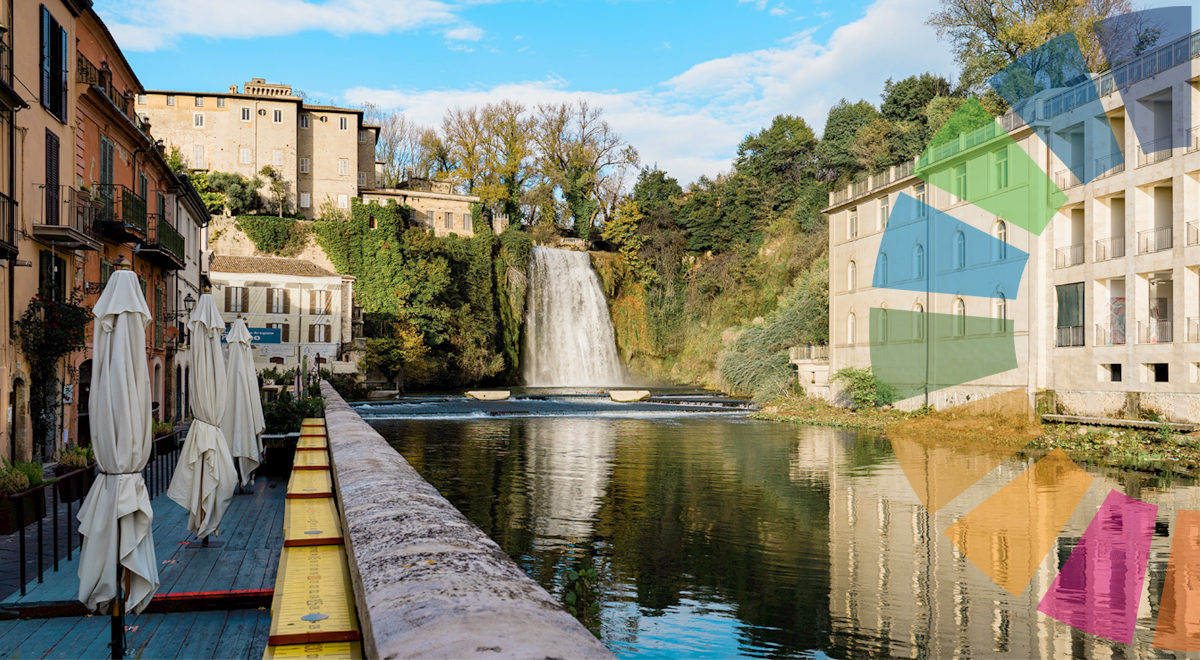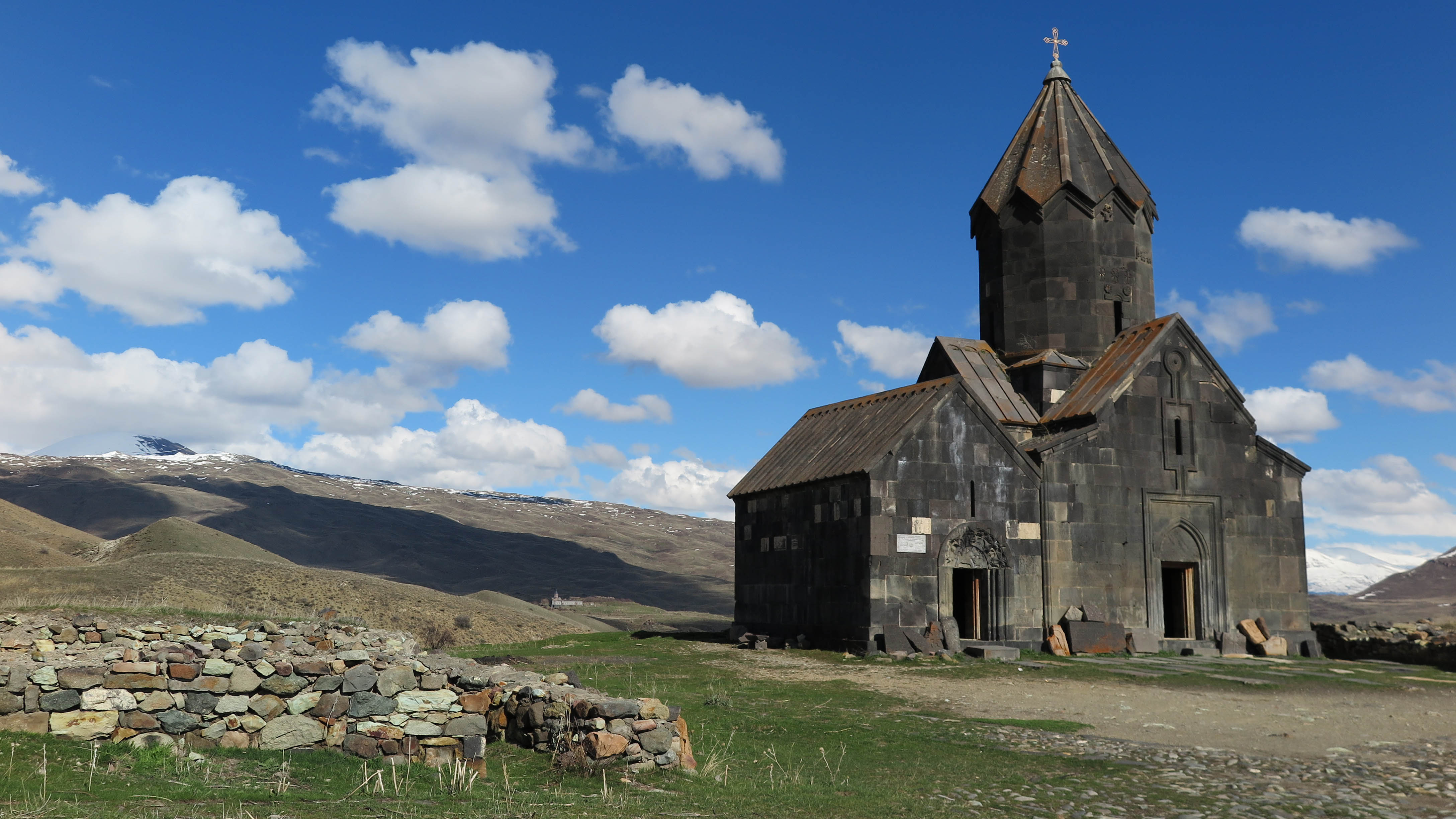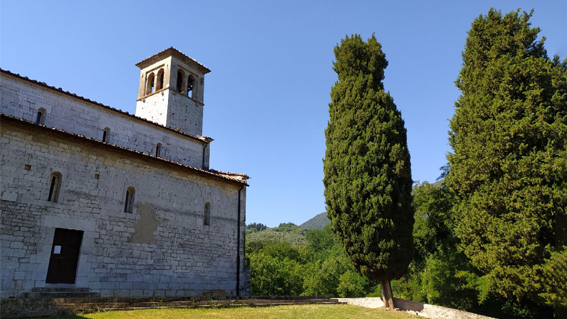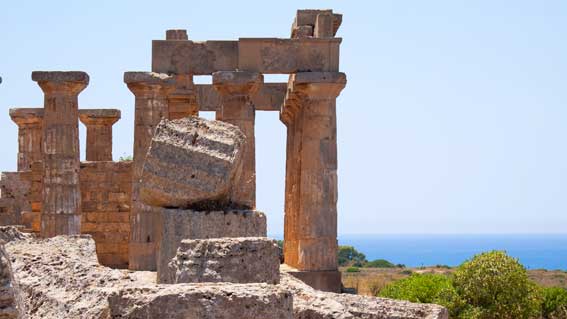Sustainable tourism promotes the enhancement and protection of socio-cultural and environmental resources at local level. It also allows to revitalise specific areas and their communities by focusing on their special features in order to open up new future prospects for inclusive and sustainable development. Through the sustainable tourism analysis, local authorities can plan new strategies on the basis of which they can activate new projects linked to the promotion and development of tourism initiatives. The analysis process, that actively involves citizens, strengthens the skills of local communities and their role in protecting and enhancing local resources.
The collapse in tourist flows caused by the COVID-19 pandemic offers the possibility to rethink tourism strategies by favouring a more responsible and sustainable offer. In this perspective, mass flows that affect specific cities and regions can be redirected towards less frequented destinations. As a matter of fact, tourism has proved to be one of the most strategic economic sectors, especially for lesser-known destinations that can thus benefit from positive economic spill-over effects that concern also the entire territorial system.
As pointed out in the report “Making Tourism More Sustainable – A Guide for Policy Makers“, by UNEP, United Nations Environment Programme, and UNWTO, World Trade Organisation, ( 2005, p.11-12), local institutions have a central role in the development of sustainable tourism, not only for the planning itself but especially in involving the main stakeholders, such as citizenship, civil society and the private sector, in an informed and participatory way.
Implementing new sustainable tourism offers is an ongoing process that requires constant monitoring of impacts, which allows the introduction of necessary preventive and/or corrective measures.
The first step sustainable tourism process development and planning is an in-depth analysis of the general framework and of the existing dynamics in a specific territory. Local authorities and stakeholders can carry out an integrated study of both the tourism sector and he whole socio-economic system linked to the region. This study is the the starting point for the elaboration of a conscious strategic vision and future planning.
The benefits of a sustainable tourism analysis
Sustainable tourism analysis enables the local stakeholders to:
- Have a complete knowledge of the territorial framework from the point of view of the tourism sector, by identifying the main tangible and intangible assets, the existing relationships between the actors in the sector, the strengths and weaknesses, the opportunities and risks, and by analysing the evolutions and trends of recent years;
- To have a greater ability to define a territorial tourism planning on the basis of which to address local strategies and define possible lines of action;
- To create awareness among citizens and local actors active in the tourism sector on the importance of sustainable tourism in terms of promotion and enhancement of the environmental, cultural and historical heritage, and on the opportunity that the promotion of sustainable tourism can represent for all territories and local communities.
Carrying out a sustainable tourism analysis
The first step to carry out a sustainable tourism analysis at local level is to collect and systematise existing data and information and to involve local stakeholders through interviews and other participatory activities, in order to investigate, analyse and understand the existing dynamics and relationships.
The Local Development Unit can support local actors in implementing this analysis in a rigorous and scientific way, through different activities that complement each other such as:
- Collection and systematisation of data from different sources that allow the analysis of the most recent trends and tendencies for the development of sustainable tourism, as well as comparison with other neighbouring and/or similar territories;
- Geolocalisation of some data and information and spatial analysis through Geographic Information System (GIS);
- Analysis of the needs of the territory and local actors, using participatory methodologies in order to actively involve the local community;
- Confrontation with policy-makers and operators in the tourism sector;
- Framing of the tourism sector in the wider socio-economic context of the territory;
- Accompanying the elaboration of a local strategy and recommendations in terms of possible future courses of action;
- Monitoring the strategy drawn up for the development of the sector.
Throughout the analysis process, ARCO Researchers ensure the transfer of knowledge and skills to the involved bodies, so that they are able to carry out similar processes in the future.



